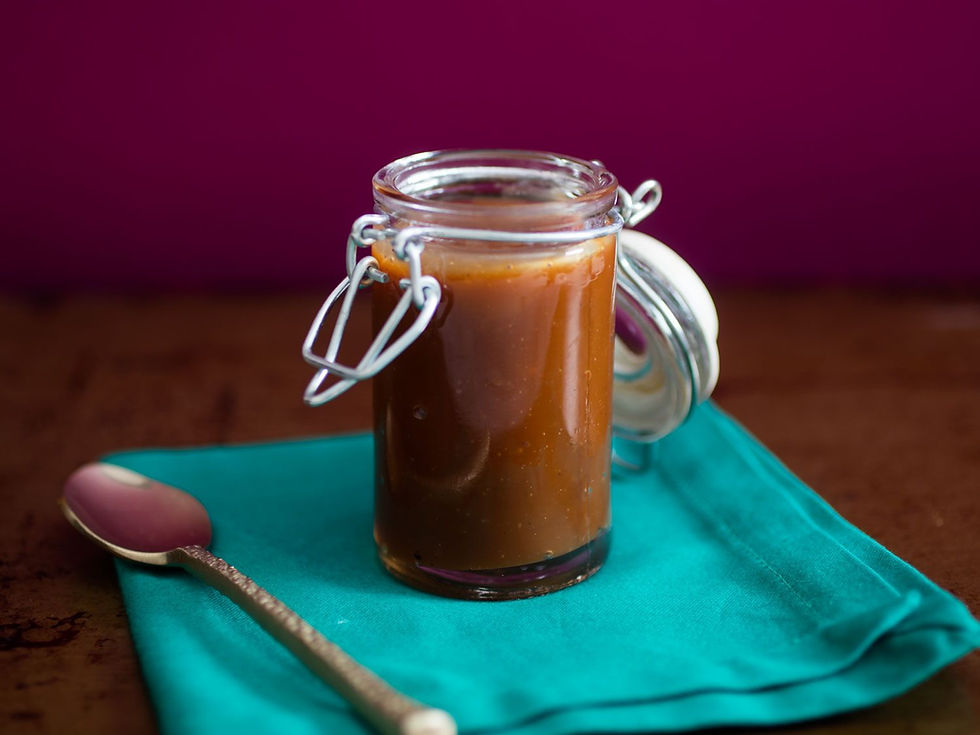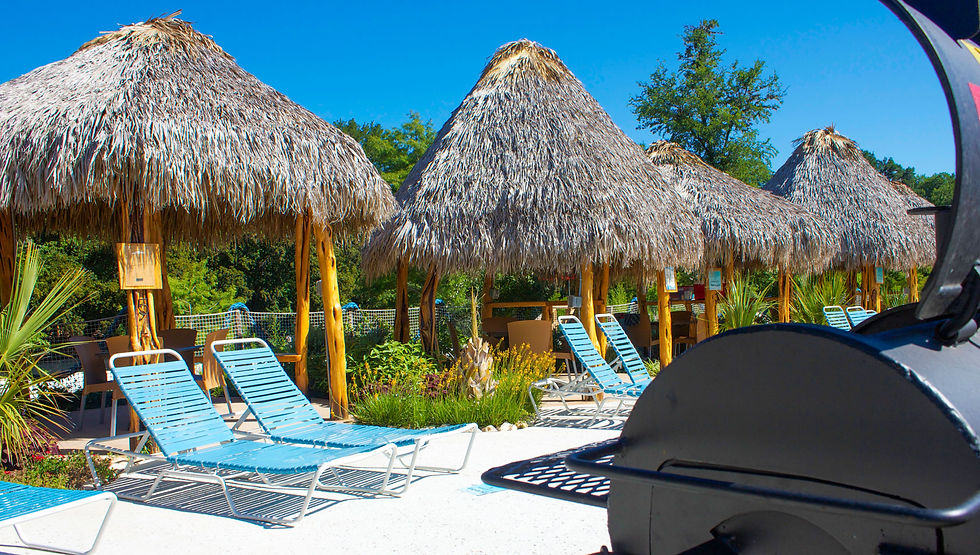in Spanish, students learn that one thing has several different nombres depending on which Spanish-speaking país they're visiting. Let's check out unos ejemplos.

In Perù, creamy caramel sauce is called manjar blanco. But in México, it's either called called cajeta or dulce de leche, depending on what type of milk is used.
When it's made with leche de cabra, goat's milk, it's called cajeta. But when it's made with leche de vaca, cow's milk, it's called dulce de leche.
When something is homemade, you add the adjective casera after the noun. Por ejemplo, cajeta casera. Compro la cajeta casera en el mercado que está cerca de mi casa.
There may be three different words for caramel sauce, so at least you know you can pick one of the three to choose from. However, the word for drinking straw is one of those words that changes with almost every Spanish-speaking country.

Por ejemplo, in Mexico, it's called popote. In Peru, it's sorbete or cañita. In Cuba, it's absorbente. But in Spain, it's caña.

Fortunately for turistas, most native Spanish speakers recognize that the word for drinking straw changes across Latin America and Spain. It may take a couple tries, but eventually the Spanish speaker will understand what you're asking for. In my experience, your best bet is to pick two of these three words: popote (MX), sorbete (PE), or caña (ES) until the Spanish speakers gets what you're saying.
Talking about drinking straws naturally leads to where we typically use popotes. We can use them in a bar-restaurant, a juguería (juice place), or even on the playa. But what is the thing called that we sit under when we're at the beach?

In English, we have one word for this: beach umbrella. But in Latin America, like we've seen with the words for caramel sauce and drinking straw, the word changes depending on which country we're in.
Most Spanish speaking countries call a beach umbrella a sombrilla. That's easy to remember. It's similar to the Spanish word for shade or shadow, sombra. Sombra plus the diminutive -illa ending make the word basically mean "little shade."
However, in Mexico, Honduras, and other Central American countries, a beach umbrella is typically made from dried palm leaves. This is called a palapa. Interestingly, palapa actually comes from Tagalog, the native Filipino language.

What other words have you come across in your travels that are different from other paises hispanohablantes?
If you ever need Latin American Spanish tips, want to brush up on your Spanish grammar, or need to learn español from the beginning, I'm available in person at my Eastlake, Chula Vista studio or online via video chat. Contact me directly, check out my Facebook page, or visit my TakeLessons page for more info.

留言